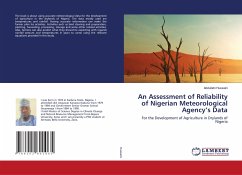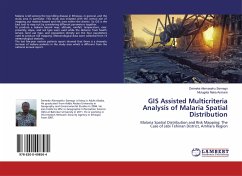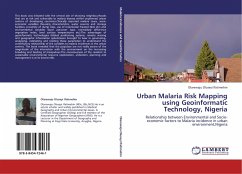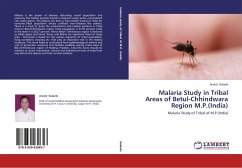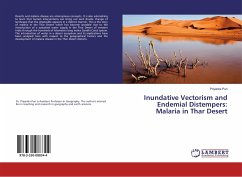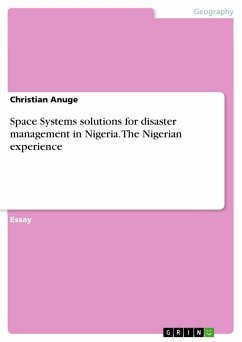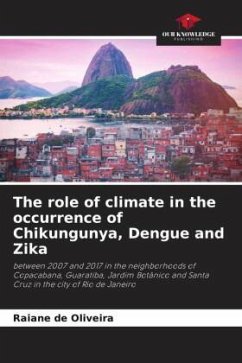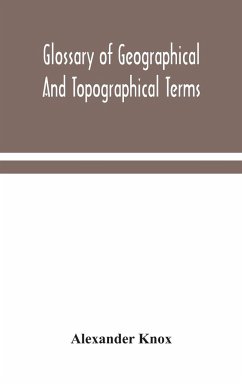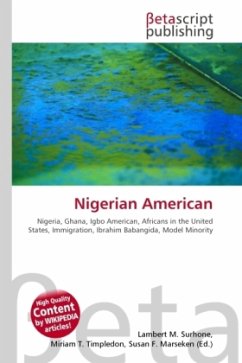
Malaria Occurrence and Mosquito-Prevention in a Nigerian City
Versandkostenfrei!
Versandfertig in 6-10 Tagen
37,99 €
inkl. MwSt.

PAYBACK Punkte
19 °P sammeln!
In spite of the global and national fight against malaria and the huge expenditure to combat the disease, literature reveals that malaria still constitute a serious public health problem in sub-Sahara Africa. Hence, this study analyses spatial pattern of malaria occurrence, people's perception of transmission and prevention of malaria as well as the factors of vulnerability to malaria in a traditional Nigerian city.Data on malaria occurrence (2004 to 2007) were obtained from hospital records. Field observation, questionnaire and satellite imagery (SPOT 5 XS) were used to ascertain the physical...
In spite of the global and national fight against malaria and the huge expenditure to combat the disease, literature reveals that malaria still constitute a serious public health problem in sub-Sahara Africa. Hence, this study analyses spatial pattern of malaria occurrence, people's perception of transmission and prevention of malaria as well as the factors of vulnerability to malaria in a traditional Nigerian city.Data on malaria occurrence (2004 to 2007) were obtained from hospital records. Field observation, questionnaire and satellite imagery (SPOT 5 XS) were used to ascertain the physical environment of vulnerability to malaria. Remote Sensing and Geographic Information System analytical operations employed with ArcGIS 9.2 software include land-use/land-cover classification, query, overlay and Inverse Distance Weighted (IDW). The study concludes that the occurrence of malaria varies over space and certain environmental and behavioral factors make people vulnerable to malaria. Hence, malaria prevention efforts should take into cognizance spatial peculiarities as well as access to resources.



